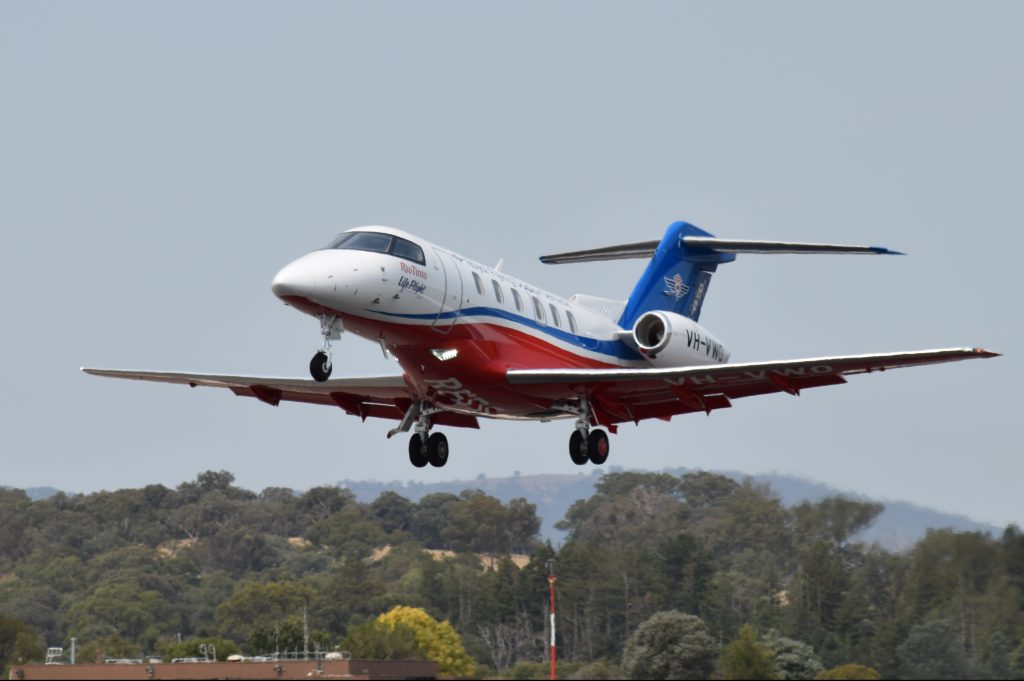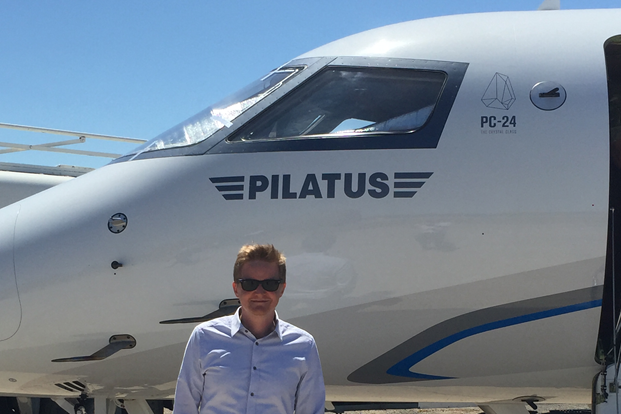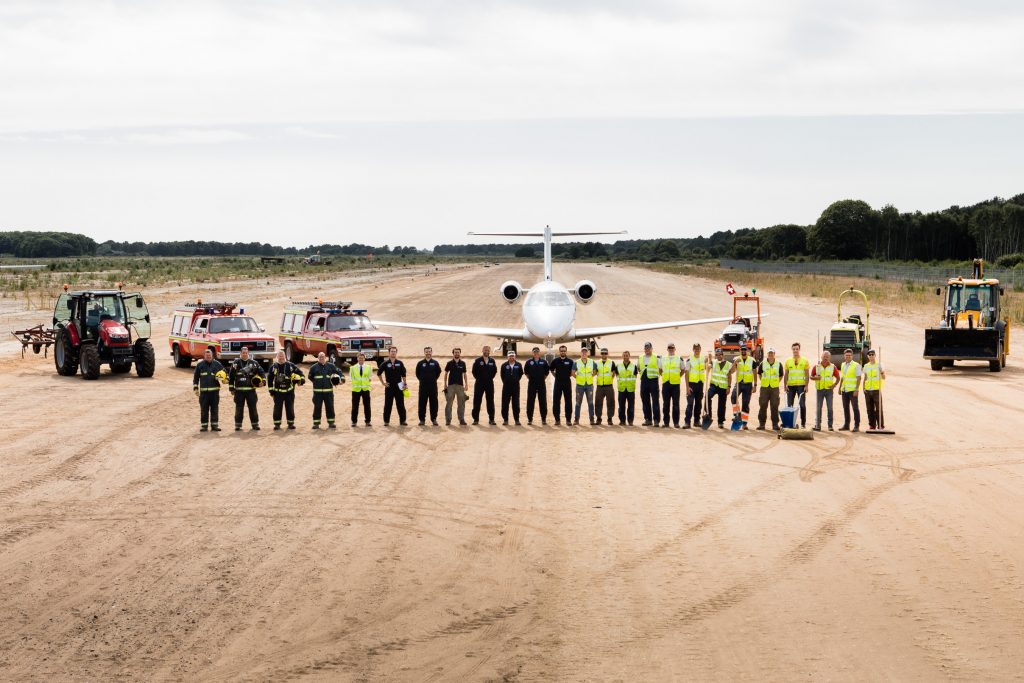
What’s the connection between DIO and Australia’s famous Flying Doctor? Until last year, there wasn’t one, but now we are a small part of their story.
Collaboration between the Army a private company and DIO’s Land Management Services (LMS) team has helped improve the survival chances of people facing life and death situations in Australia’s outback. Pilatus Aircraft Ltd, a Swiss company, needed to test their new Super Versatile Jet, the PC-24 on ‘gravel’ runways. Certification that it could operate on these runways is a significant requirement for use of the aircraft by the Royal Flying Doctor Service of Australia. Fortunately, the Army had one they could use.
Testing the aircraft
In 2016, 23 Parachute Engineer Regiment constructed an unpaved runway at Woodbridge Airfield in support of a project testing defence equipment with Airbus. The mix of gravel and loose stones with dirt, sand and sparse vegetation was ideal for Pilatus’ requirements. In fact, it was the only viable location in Europe to gain the certification they needed. Aware of this, Pilatus approached Stirling Askew, the Station Staff Officer at Woodbridge Airfield, and Lt Col (Retd) Steve Absolon at Colchester Garrison for permission to use the unpaved runway.
They in turn got in touch with me as I’m a DIO senior estate surveyor with responsibility for the Army estate in East Anglia and East Midlands. After an initial site inspection, I met the Pilatus team to discuss terms. It was agreed that they could run a self-sufficient operation, including providing their own power and catering, while also supporting the MOD’s income generation policy by paying for the use of the runway.

Stirling Askew oversaw the project locally and Steve Absolon ensured the necessary permits were in place and notifications made. Following confirmation that Pilatus’ €100,000,000 insurance cover was adequate, I was able to grant a licence to Pilatus to reflect the terms agreed.
This allowed the testing to take place on two occasions during 2018, spread over about six weeks at times when the Armed Forces didn’t need to use the Airfield and I’m pleased to say the testing was a huge success.
Success story
Granting the licence and allowing the testing brought the MOD around £150,000, which was used in part, towards otherwise unfunded infrastructure projects. Woodbridge will welcome back Pilatus and the PC-24 in July 2019, to add to its certified capabilities by carrying out tests on wet gravel runways, generating more income for MOD.

The PC-24 has been sold to the Royal Flying Doctor Service of Australia. They took delivery of their first PC-24 in November 2018 in their Western Operations area. They now have three of these jets as part of their fleet of over 70 planes, and they make a huge difference as they significantly reduce travel time from the outback to a tertiary hospital. Australia is big - 7.69 million square km - and the new aircraft will cut the flying time by almost half, which in an emergency saves lives. I’m glad to have supported MOD’s contribution to our small part in this.